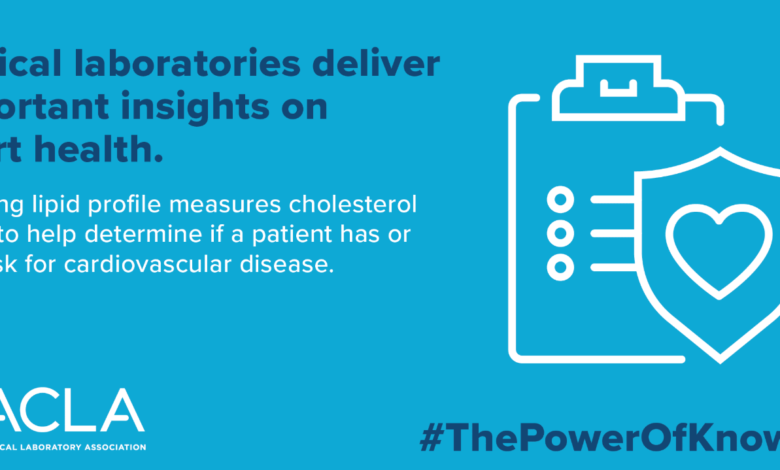How Laboratories Provide Crucial Insights for Accurate Diagnosis

Laboratories serve as the backbone of modern medical diagnostics, offering essential insights that transform clinical hypotheses into confirmed diagnoses. The array of diagnostic tests—ranging from routine blood work to advanced imaging techniques—provides healthcare professionals with data that is critical for informed decision-making. This interplay not only enhances patient care but also raises questions about the evolving role of laboratory insights in shaping future medical practices. As we explore this topic further, the implications for patient outcomes and healthcare efficiency warrant closer examination.
Role of Laboratory Testing
Laboratory testing plays a pivotal role in the diagnostic process, serving as a critical bridge between clinical suspicion and definitive diagnosis.
The accuracy of laboratory results directly influences treatment decisions, emphasizing the importance of test reliability.
Clinicians rely on precise data to formulate patient management strategies, highlighting how robust laboratory procedures ensure that diagnostic insights are both trustworthy and actionable for optimal patient outcomes.
Types of Diagnostic Tests
What are the various approaches to diagnostic testing that underpin modern medical practice?
Key types include blood tests for biochemical analysis, imaging studies for anatomical assessment, and genetic testing for hereditary conditions.
Microbial cultures identify pathogens, while biopsies provide tissue samples for cancer diagnosis.
Additionally, toxicology screens assess substance exposure, collectively enhancing diagnostic accuracy and enabling tailored patient management strategies.
Impact on Patient Care
Accurate diagnostic testing fundamentally enhances patient care by enabling clinicians to make informed decisions based on reliable data.
This precision in decision making directly influences patient outcomes, as tailored treatment plans emerge from accurate insights.
Consequently, the integration of laboratory findings into clinical practice fosters a proactive approach, ensuring that healthcare providers can address patient needs effectively and improve overall health trajectories.
Future of Laboratory Insights
Embracing advancements in technology and data analytics, the future of laboratory insights promises to revolutionize diagnostic processes and enhance clinical decision-making.
Emerging technologies, such as artificial intelligence and machine learning, will enable laboratories to analyze vast datasets, improving accuracy and speed.
This evolution not only fosters personalized medicine but also empowers healthcare providers to make informed, timely decisions, ultimately enhancing patient outcomes.
Also read: How Interior Design Can Influence the Mood of Your Home
Conclusion
In summation, the contributions of laboratories to accurate diagnosis are nothing short of monumental, serving as the linchpin of modern medicine. Through an intricate tapestry of diagnostic tests, laboratories not only illuminate the path to precise treatment but also elevate patient care to unprecedented heights. The future promises even greater advancements, ensuring that the quest for knowledge within the diagnostic realm will continue to revolutionize healthcare, transforming mere suspicion into unequivocal clarity with each test conducted.




